After 34 Years, Measles Case are Confirmed in Belize
Belize has confirmed cases of measles for the first time in thirty-four years. The Ministry of Health and Wellness announced in a virtual press conference that the first suspected cases appeared after Belizeans visited Mexico in March. Two people returned with symptoms like fever and skin rashes, and tests confirmed they had measles. This breaks Belize’s record of being measles-free since 1991. The patients are from the Corozal and Cayo districts and were part of a group that recently came back from Mexico. The rest of the group is now in isolation, being monitored for any signs of fever or rash. The ministry is urging the public to get vaccinated against measles, which takes about twenty-one days to recover from. News Five’s Marion Ali reports.
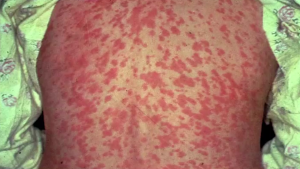 Marion Ali, Reporting
Marion Ali, Reporting
After more than thirty years without measles, Belize confirmed two cases of the virus on Saturday. Dr. Melissa Diaz-Musa, Director of Public Health and Wellness, said the group, from four different communities in Belize, traveled to Chihuahua, Mexico in January and returned on March thirtieth. The rest of the group is in isolation and showing no symptoms so far, with most of them being vaccinated. The patients are teenagers.
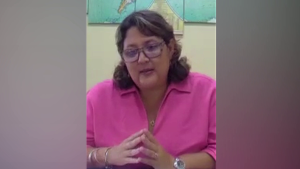
Melissa Diaz-Musa
Dr. Melissa Diaz-Musa, Director, Public Health & Wellness
“The details of the two positive cases are as follows: a 17-year-old male unvaccinated who started with fever, rash, and cough on April third. Laboratory confirmation of measles was received on April twelfth. The second case is a 17-year-old female unvaccinated who started with symptoms on April second. Laboratory confirmation of measles was received on April twelfth. All fifteen travelers have been interviewed by the staff of the Ministry of Health and Wellness and are being monitored regularly for signs and symptoms.”
Musa explained that they acted as soon as they got reports of patients with symptoms, while waiting for test results to confirm measles. These cases come amid a surge in measles across the Americas, with over five hundred confirmed cases in Canada, the U.S., Mexico, and Argentina. Although many people in Belize are vaccinated, the rate is still below the ninety-five percent target, especially in the Cayo and Belize Districts. The Ministry of Health is urging Belizeans to get vaccinated.
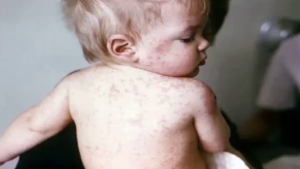 Dr. Melissa Diaz-Musa
Dr. Melissa Diaz-Musa
“The Ministry of Health and Wellness urges the public to ensure vaccinations are up to date, particularly for children. Parents, check your children’s vaccine cards to determine if their vaccines are up to date. Adults who have not received an MMR vaccine or who are uncertain of their vaccination status should visit a health facility to receive the vaccine.”
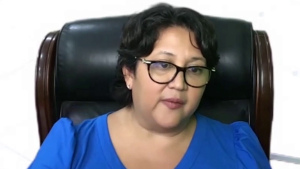
Natalia Beer
Dr. Natalia Beer, Technical Advisor, Maternal and Child Health, Ministry of Health
“Any unvaccinated person traveling abroad who come in contact with persons that may be infected with measles, more than likely will be infected with measles. We have so many flights in and out of Belize and if we look at the data in the U.S., a lot of destinations from Belize, they’re having outbreaks.”
Dr. Natalia Beer, the ministry’s Technical Advisor for Maternal and Child Health, urged everyone, especially those in certain age groups or with existing health conditions, to get vaccinated, particularly if they plan to travel outside Belize in the next month. What makes this illness highly contagious is that patients can spread it even before they show any symptoms.
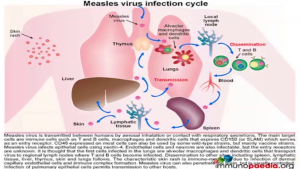 Dr. Natalia Beer
Dr. Natalia Beer
“The person is contagious even before having signs and symptoms, so it makes it more difficult for one to say, I will stay away from persons that are ill with fever and rash. But the contagious period starts even before that. The high-risk group that we need to target now is unvaccinated children and teenagers, unvaccinated adults from 20 to 59 years, adults greater than 60 years, unvaccinated healthcare workers, immune-compromised persons, pregnant women, and populations living in communities with low vaccination coverage.”
Measles usually starts with symptoms like fever, runny nose, red eyes, and a rash that begins at the hairline and spreads down the chest, back, limbs, and the rest of the body. The illness typically lasts for about twenty-one days from the onset of symptoms. The ministry has started holding monthly mobile clinics in remote communities to give out vaccinations, but they’ve noticed that people are hesitant to get vaccinated. This hesitancy has increased since the COVID outbreak. Marion Ali for News Five.





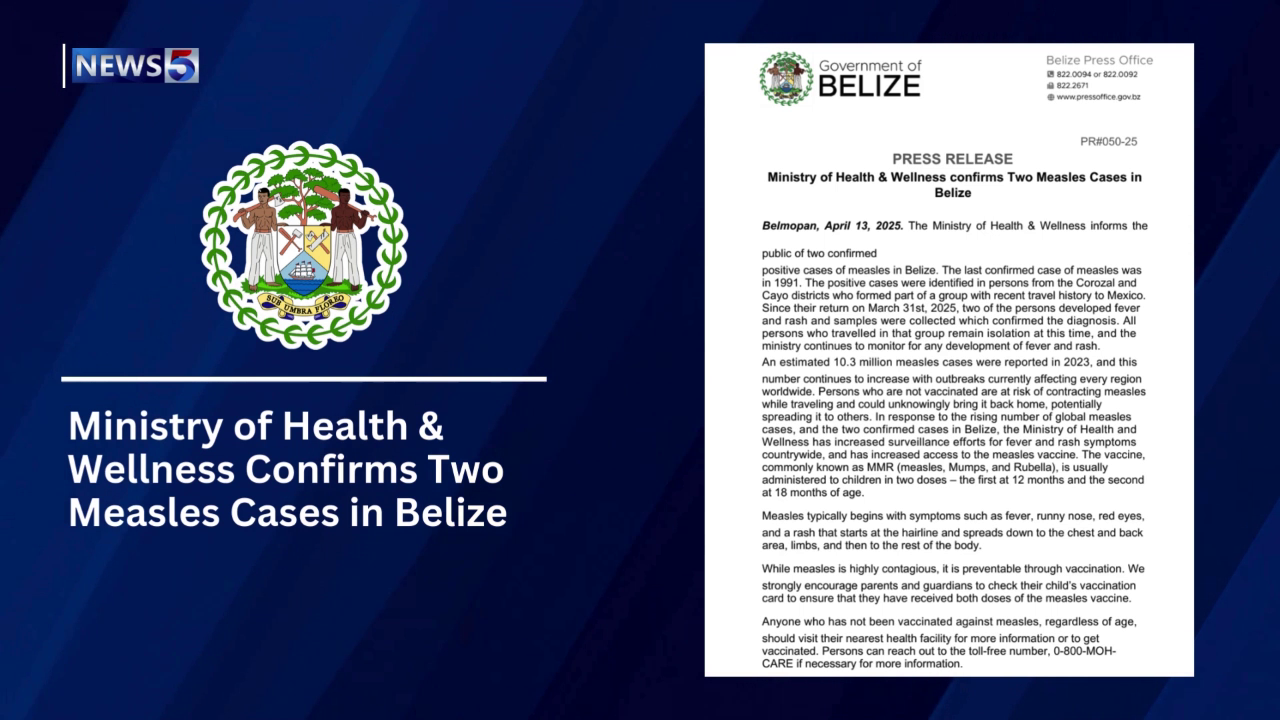

Facebook Comments